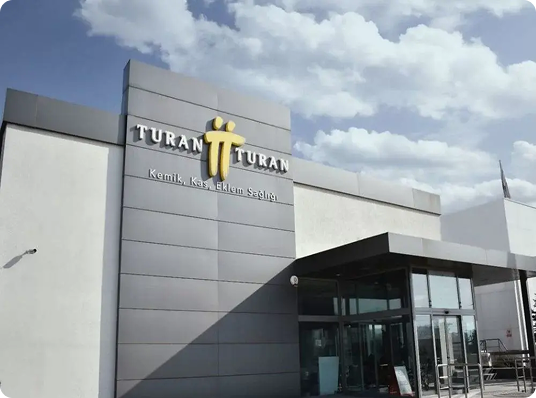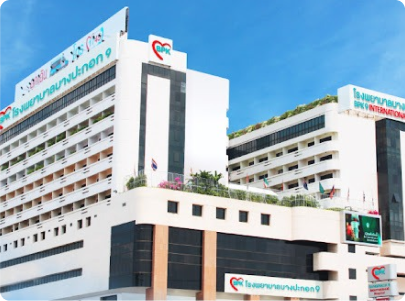Allergic Respiratory Diseases
Allergic Respiratory Diseases is a critical component of modern medicine, offering patients access to minimally invasive, highly effective treatments that can significantly improve outcomes across various health domains.
Get Expert Consultation
Speak with our medical travel experts to get personalized guidance for your procedure
✓ No commitment required • ✓ Expert guidance • ✓ Free consultation

Book Your Free Medical Consultation
Get expert advice—free and easy. Just fill out the form to start your health journey!
Key-Insights for
Allergic Respiratory Diseases
Procedure Time
Varies from 30 minutes to several hours, depending on the individual's condition and medical history
Recovery Period
Most people can resume normal activities within a few days, but full recovery may take several weeks or even months
Expected Results
Significant improvement in symptoms such as wheezing, coughing, and shortness of breath, with reduced reliance on medications
Ideal Candidates
Individuals with moderate to severe allergic respiratory diseases that are not well-controlled with medication or other treatments
Allergic Respiratory Diseases
Allergic Respiratory Diseases is a critical component of modern medicine, offering patients access to minimally invasive, highly effective treatments that can significantly improve outcomes across various health domains.

People seek these procedures for various reasons:
Aesthetic Enhancement
Get relief from persistent symptoms like coughing, wheezing, and shortness of breath
Corrective Purposes
Improve your overall health and well-being by reducing medication dependence
Functional Restoration
Gain confidence in managing your condition with the guidance of medical professionals
Things to Check Before Treatment
- •Discuss your medical history with the doctor, including any previous respiratory issues
- •Inform the doctor about any medications you're currently taking or have taken in the past
- •Find out if there are any specific allergy tests required before the procedure
- •Ask about the hospital's protocols for managing allergic reactions during surgery
- •Check if the medical facility has experience treating patients with similar conditions
Potential Risks
- •Anaphylaxis or severe allergic reaction during or after the procedure
- •Infection or complications due to allergy-related swelling or inflammation
- •Difficulty breathing or respiratory distress following the surgery
- •Allergic reactions to anesthesia or other medications used during the procedure
- •Delayed recovery time due to allergic responses or complications
How to Choose the Right Country, Clinic, and Surgeon
Do's
Verify surgeon credentials (e.g. ISAPS, JPRAS)
Ask for before-after photos
Check language barriers
Review aftercare and follow-up options
Consider local laws on medical malpractice
Don'ts
Don't Choose a Clinic Based Only on Price
Don't Rely Solely on Social Media or Influencers
Don't Ignore Language Barriers
Don't Rush Into Surgery Without Research
Don't Assume You Can Fly Back Immediately
CureMeAbroad Services Are Absolutely Free.
You pay same rates for treatments as in the hospital's original price list.
CureMeAbroad Services Are Absolutely Free.
You pay same rates for treatments as in the hospital's original price list.


Book Your Free Medical Consultation
Get expert advice—free and easy. Just fill out the form to start your health journey!
Allergic Respiratory Diseases
Frequently Asked Questions
This procedure involves specific medical techniques tailored to address particular health conditions. Your doctor will explain the detailed process based on your case.

Help Me Plan My Treatment Abroad
End to End Treatment Planning Specifically curated as per your need. Just a Call away


Help Me Plan My Treatment Abroad
End to End Treatment Planning Specifically curated as per your need. Just a Call away


Book Your Free Medical Consultation
Get expert advice—free and easy. Just fill out the form to start your health journey!



